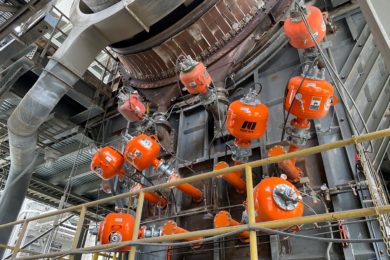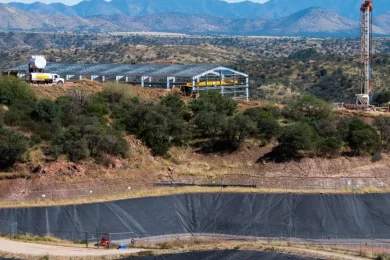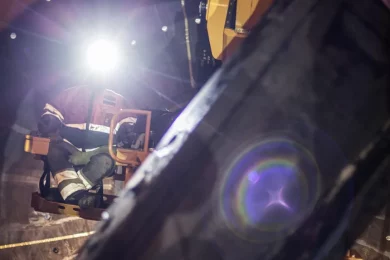The Minerals Council of Australia (MCA) is calling on the Australian Senate to set the Carbon Pollution Reduction Scheme (CPRS) legislation aside so that “fundamental flaws in its design can be addressed – aligning the CPRS with a US scheme, principally, and the outcome of December’s Copenhagen climate change talks on a global emissions protocol.”
This week’s Senate debate on the CPRS should, according to the MCA, focus on three key questions:
- Is the proposed CPRS aligned with the development of a global protocol with commitments from all major emitters?
- Will it promote the development of low emissions technologies?
- Does it provide a measured transition to a low emissions economy, with cost burdens on industry comparable with other schemes being developed by Australia’s international competitors?
The proposed CPRS fails the test on all three counts, according to the MCA.
MCA: “First, it is not linked to, or conditional upon, the development of a global protocol. Even if the Copenhagen meeting fails, Australian firms will start paying billions in carbon costs every year from 1 July 2011. None of our competitors will confront any such costs.
“Second, the CPRS is not linked to the availability of low emissions technologies. In fact, by imposing a A$30 billion burden on Australian business in the first four years, it will reduce, if not largely eliminate, the ability of Australian firms to invest in these technologies. A dollar not spent low emissions technologies is a dollar lost.
“Third, it is completely out of step with other emissions trading schemes being developed around the world. Not only will Australian firms pay the highest carbon costs in the world, but no other scheme is so preoccupied with raising revenue ahead of the environmental benefits and economic impacts.
“The result will be lost Australian jobs, stalled investment and a less competitive economy without delivering any appreciable reductions in greenhouse emissions.”
Modelling by research firm Concept Economics for the MCA has previously showed that 23,510 jobs will be lost in the minerals industry by 2020 under the CPRS and 66,480 jobs by 2030. Economic modelling by Access Economics for the State Governments and ACIL-Tasman for the Australian Coal Association has also determined that there will be tens of thousands of job losses as a result of the flaws in the design of the CPRS.
MCA: “Despite these projected economic and social costs, there will be little if any environmental benefits from the scheme as investment in emissions intensive industrial activity shifts offshore to countries without the same disciplines as proposed in Australia.
“The design of the proposed CPRS has fostered a mad scramble for preferential treatment, when the focus should be on establishing an efficient market mechanism for establishing a carbon price in a measured transition to a low emissions economy.
“A phased approach to the auctioning of permits – with the number of carbon permits auctioned increasing over time – would deliver such a scheme with good outcomes for the environment while preserving thousands of jobs.
“Other schemes around the world have adopted a phased approach. While Australia is proposing to auction 70-75% of permits from day one, the European Union will auction only 3% of permits in its first eight years. It is hard to understand why it has been ruled out in Australia.”
The MCA believes that its proposal would deliver a cap-and-trade emissions reductions scheme without the job destroying impact of the current design.









